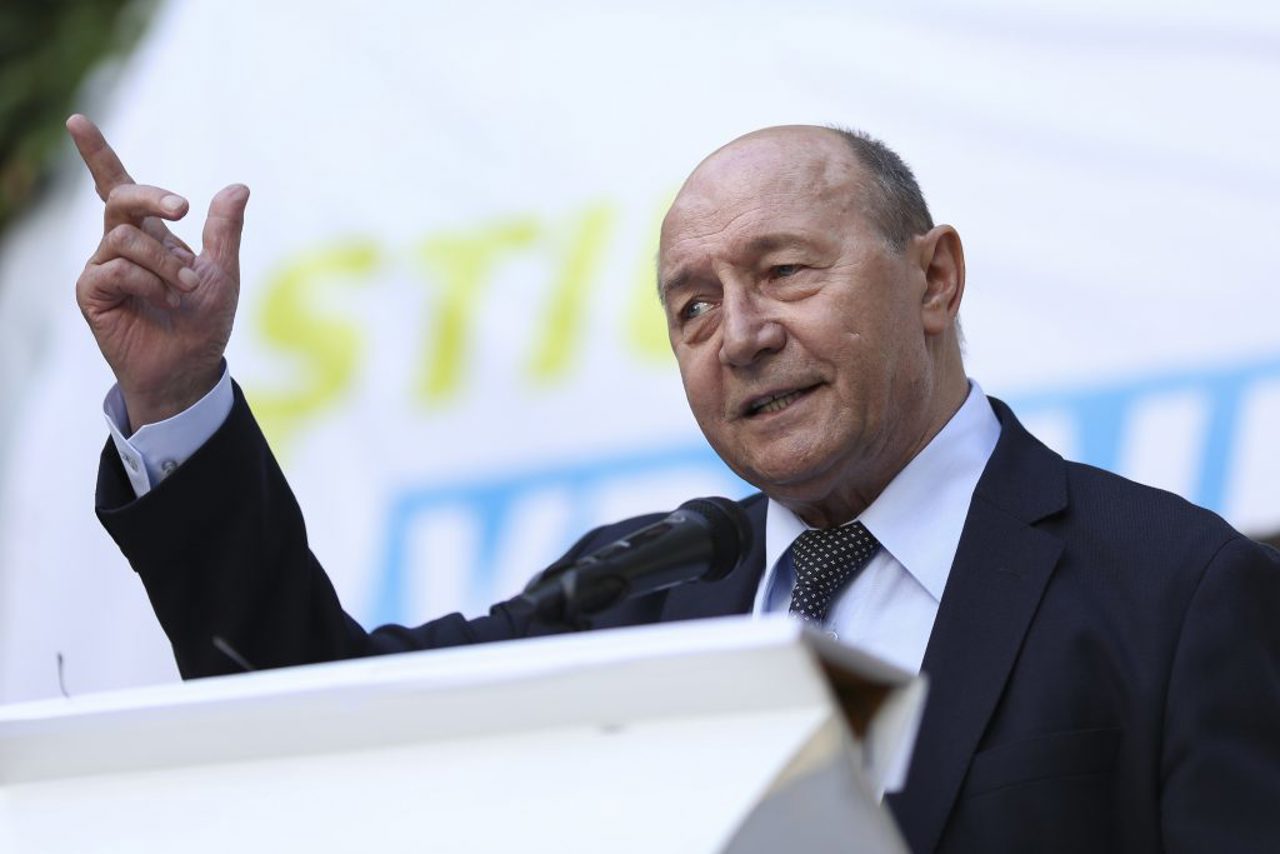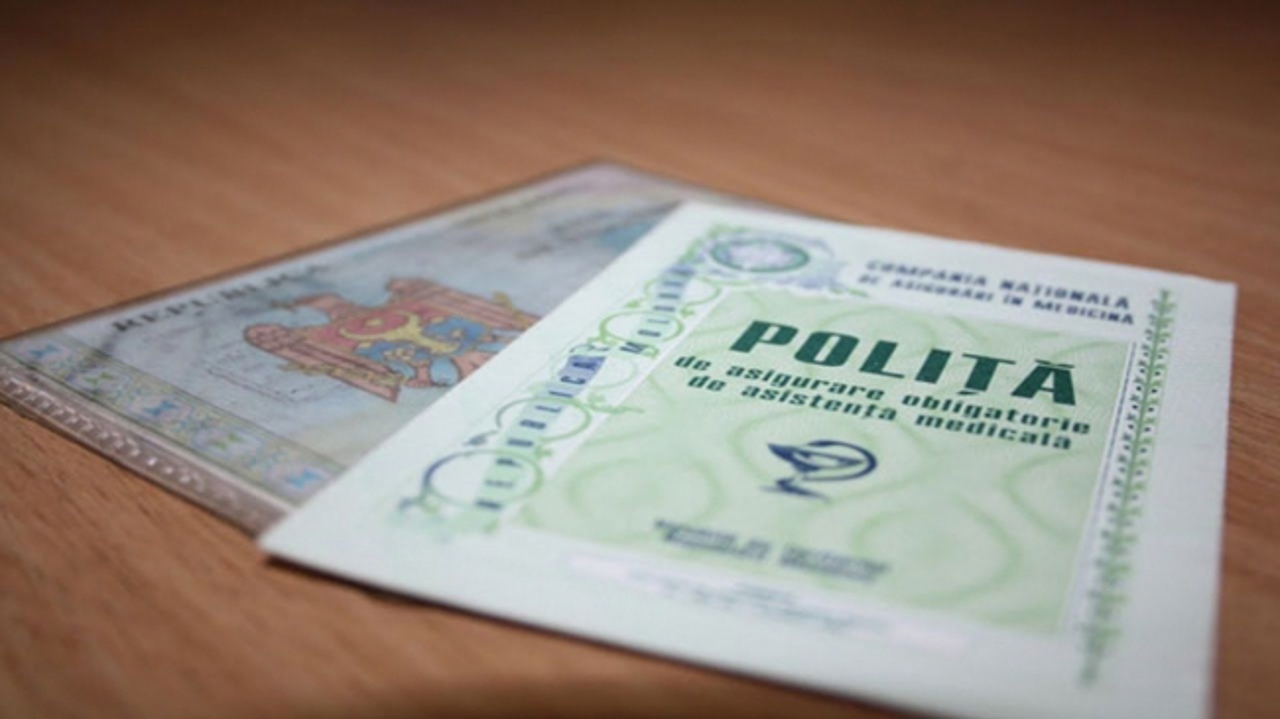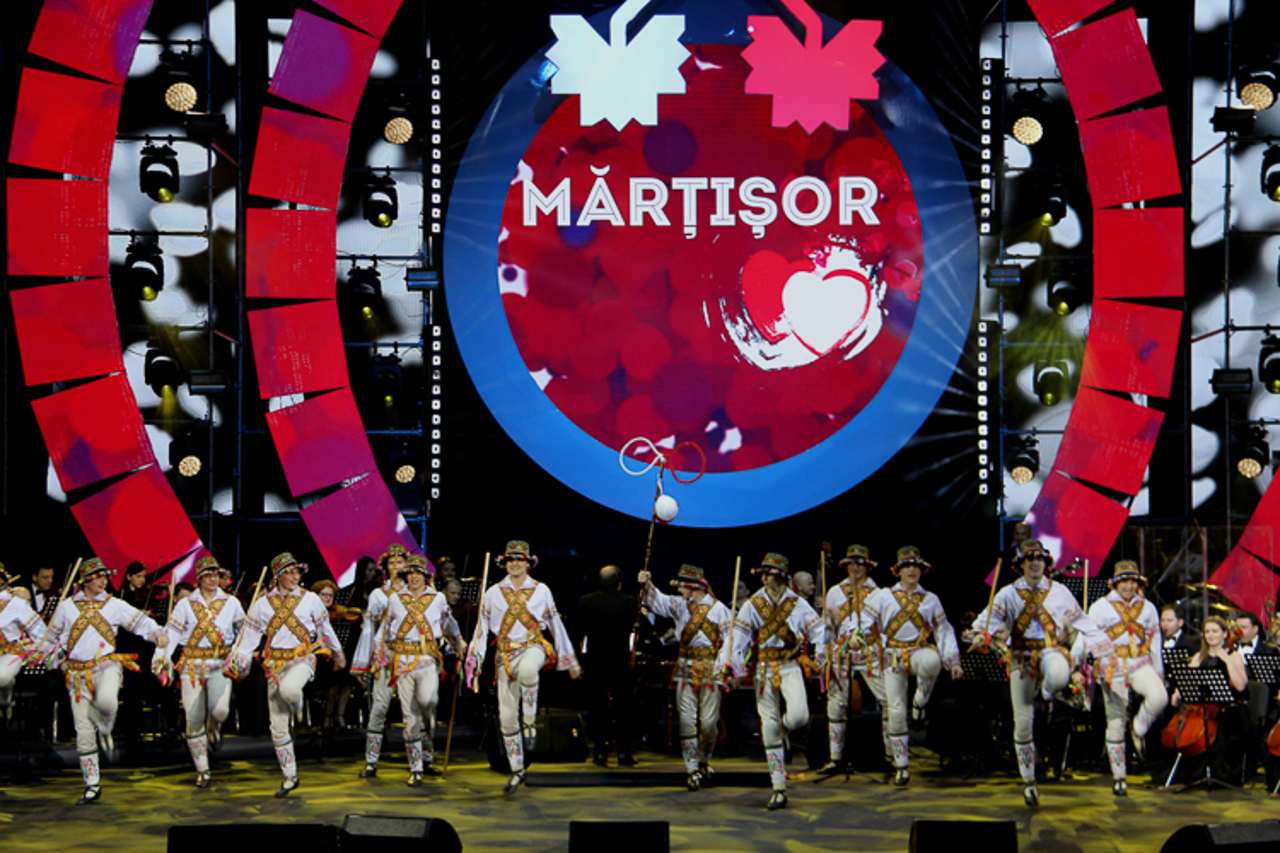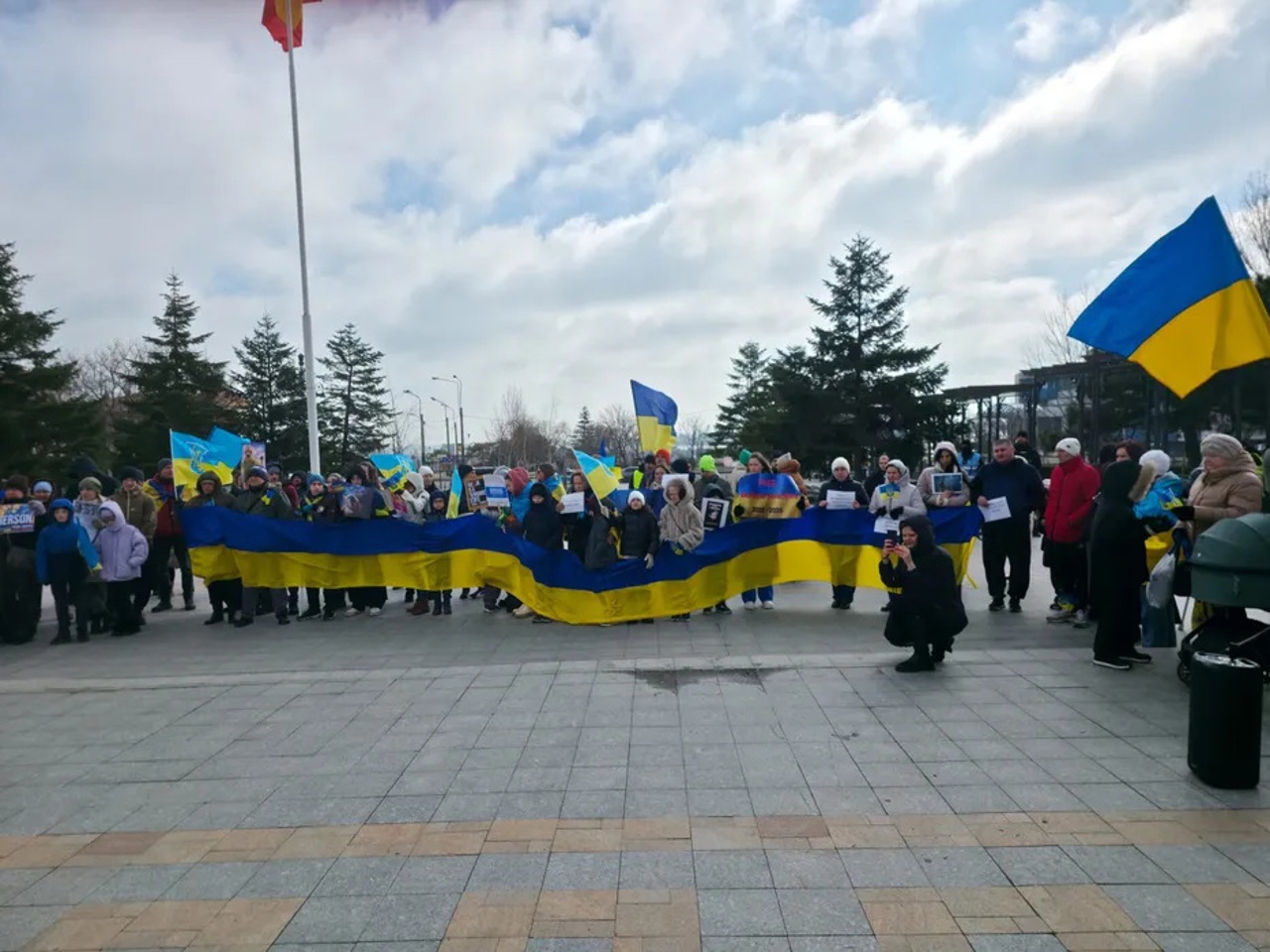Moldova's EU Hopes Tied to Renouncing Transnistria: Băsescu
The Republic of Moldova has "a chance" to become a member of the European Union or even to reunite with Romania, but with one condition: "renounce Transnistria."

This statement was made by former Romanian President Traian Băsescu. He asserts that the authorities in Chișinău will eventually have to make the "sacrifice" of renouncing the Transnistrian region, where Russian Federation military troops have been illegally stationed for over 30 years.
The former Romanian president claims that, with substantial support from Romania, the Republic of Moldova "has a chance" to become a member of the European Union.
"Let us understand: the Republic of Moldova needs the constant and continuous support of Romania, not only political support in Brussels but also the transfer of experience in preparation for accession. (...) The Republic of Moldova has a chance to become a member of the EU, or we could even reach the situation of reunification, with one single condition: renounce Transnistria," declared Traian Băsescu to journalists from across the Prut.
When asked if Chișinău can renounce the Transnistrian region, the Romanian politician stated that the constitutional authorities of the Republic of Moldova will have to make this "sacrifice" at some point on the path to eurointegration.
"Politicians sometimes need to understand that progress toward the EU, for example, and I refer to the politicians from Chișinău, requires sacrifices. One of the sacrifices they will have to make is Transnistria because the Republic of Moldova cannot enter the EU with Moscow's troops on its territory," concluded Traian Băsescu.
It is worth noting that the Republic of Moldova submitted an application for EU membership on March 3, 2022. In less than a year, the European Commission issued its opinion on the membership application to the community bloc. On June 23, 2022, the European Council granted the Republic of Moldova candidate country status. Following the fulfilment of the European Commission's recommendations by our country, in December last year, the EU leaders decided to open accession negotiations with the Republic of Moldova and invited the Council to adopt the negotiation framework after completing the relevant stages provided in the Commission's report. Authorities and experts claim that the year 2030 is a reasonable target for our country to become a full member state of the community bloc.
Previously, both the President of the Republic of Moldova, Maia Sandu, the Minister of Foreign Affairs, Mihai Popșoi, and the Deputy Prime Minister for Reintegration, Oleg Serebrian, declared that Chișinău aims to reintegrate the Transnistrian region by the time of accession. However, officials have admitted that the country could join the EU even without the Transnistrian region if the dispute is not resolved by 2030. Regarding the resolution of the conflict, the authorities have reiterated on numerous occasions that it can be achieved exclusively by peaceful means.
"Our goal and mission are to prepare the country for accession to the European Union by 2030. Ideally, by then, we will have the country reintegrated. We are working in this direction, but it does not depend solely on us. We will do everything possible to achieve reintegration before acceding to the European Union, but we must not exclude other possibilities. Our commitment to a peaceful resolution of the conflict remains just as strong," declared President Maia Sandu during her recent visit to Norway.
MEP Siegfried Mureșan recently stated during the show "At 360 degrees," on Radio Moldova, that the Republic of Moldova could join the European Union before Ukraine and even before the deadline announced by President Maia Sandu – the year 2030 – if the country continues to be governed by pro-European forces after the next elections. The MEP believes that, in the next mandate of the European Parliament, the community bloc will expand with small countries that will make progress in terms of the assumed reforms.
Translation by Iurie Tataru





